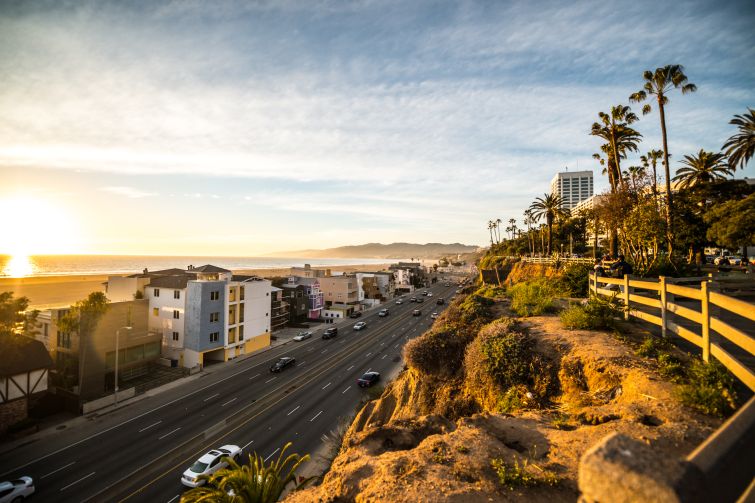Santa Monica Approves Hotel Workers Protection Ordinance [UPDATED]
By Chava Gourarie August 29, 2019 3:38 pm
reprints
The City Council of Santa Monica voted unanimously to approve an ordinance providing safety and wage protections for hotel workers within city boundaries.
The ordinance limits the square footage a housekeeper can clean in a certain shift, requires hotel owners to provide panic buttons or similar notification devices in all hotel rooms, and a retention component that mandates a 90-day transition period when hotels change hands.
Known as the Housekeepers Bill of Rights, the measure was first proposed by hospitality workers union Unite Here Local 11 in June 2018, in the wake of several high-profile sexual harassment and workers’ rights lawsuits at prominent hotels in the Los Angeles area.
The most contentious of the ordinance’s components at the seven-hour City Council meeting Tuesday was the square footage cap, which critics say will lead to fewer work hours for employees, and unreasonable costs for employers.
The measure approved by the council would require hotels with fewer than 40 rooms to institute a 4,000-square-foot cap, and hotels with more than 40 rooms, a 3,500-square-foot cap, after which the required wage would double for the remainder of the shift.
Cyrus Nourafchan, whose family has owned the Cal Mar hotel for decades, said the rooms there start at 900 square feet, limiting each housekeeper to a maximum of four rooms, which translates to roughly three to four hours of work.
Workers from two of Santa Monica’s luxury hotels, Shutters on the Beach and Casa Del Mar, where rooms start at $750 some nights, spoke against the ordinance as well. Many wore t-shirts that read, “I like my credits” in Spanish, in reference to the credit system used by hotels to measure the work employees do, as opposed to square footage.
Proponents, many from Unite Here, spoke about the importance of protecting vulnerable workers rights, especially in a sector so important to Santa Monica’s economy. Santa Monica’s hospitality sector employs 2,100 workers in 41 hotels, and is projected to generate $61 million in transient occupancy taxes for the current fiscal year, according to a report from the council.
In addition, several lawsuits at Los Angeles hotels have highlighted the sometimes dire conditions hotel workers endure. In Rancho Pales Verdes, the upscale Terranea Resort was rocked by a #MeToo scandal, after a dishwasher alleged that she’d been sexually assaulted, and then eight more women came forward with sexual harassment complaints. The resort also faced complaints that workers were overworked and denied breaks, and mistreated.
“Both the dishwasher and her alleged harasser worked for a third-party employment agency that hired, scheduled and managed certain staff for the resort. The agency settled the case more than a year ago with no involvement from Terranea,” a spokesperson for the resort said in a statement. Of the remaining allegations, most “had never been reported and could not be substantiated,” the statement continued. “For any substantiated claim, the resort took immediate remedial action.”
At Freehand, a millennial micro-hotel in Downtown Los Angeles, workers similarly complained of being sexually harassed, and overworked to the degree that they could not break for water.
Similar bills passed in Long Beach and Oakland during the November elections in 2018, and another qualified for the ballot in Rancho Palos Verdes next November.
The bill takes effect in January, and the retention component, which applies to all hotel workers in addition housekeepers, will take effect next month, after a second reading of the ordinance by the council, Maria Hernandez, an organizer for Union Here, confirmed.
This story was updated with a statement from Terranea Resort.


